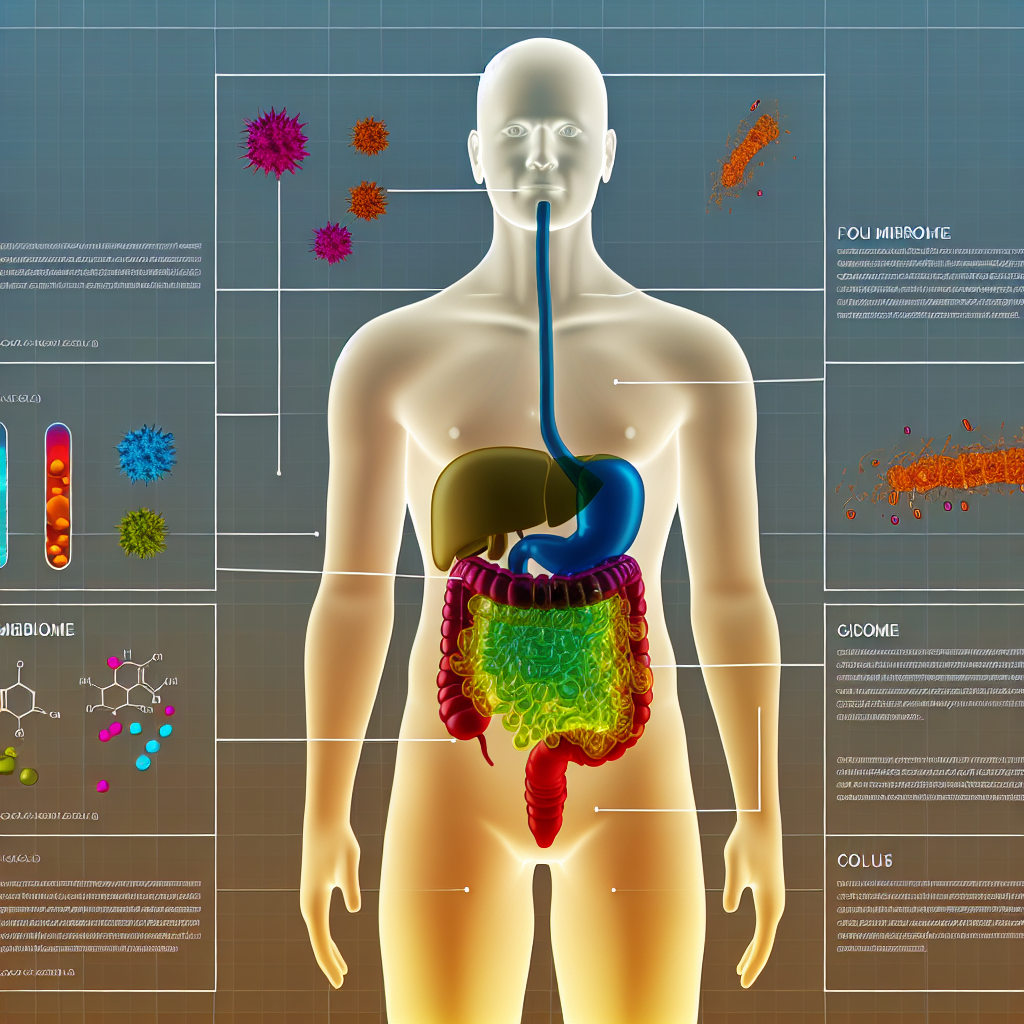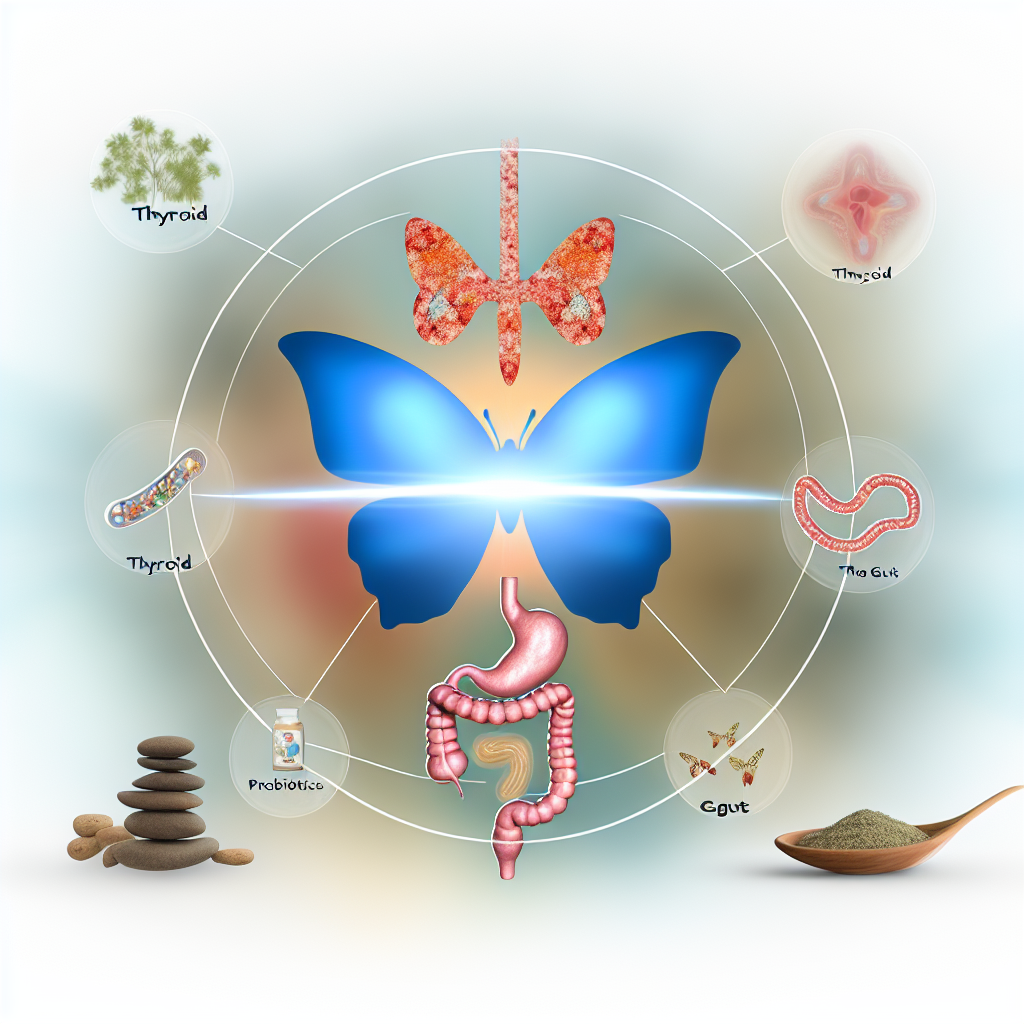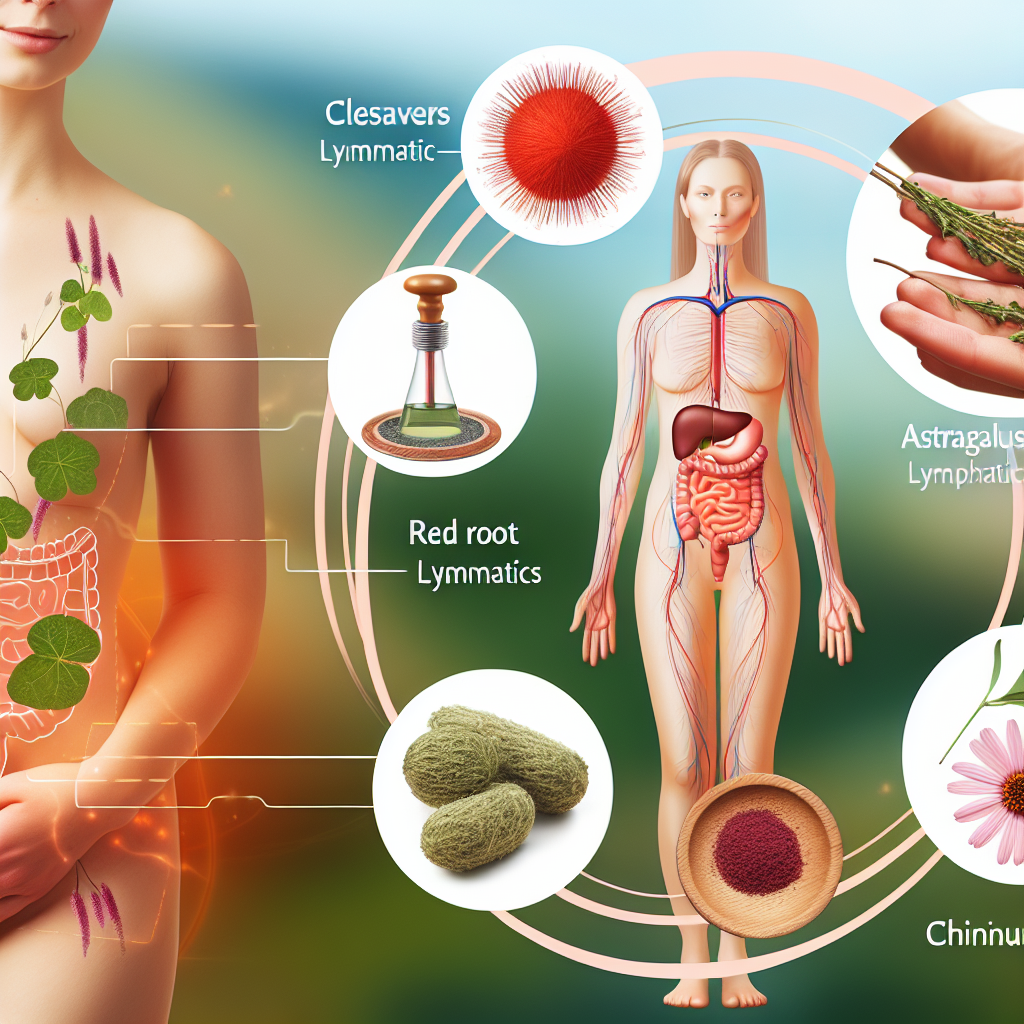There are trillions of microbes living in and on our bodies. These microbes include bacteria, fungi, viruses, and archaea. There are bacteria on the face, mouth, and other body parts, but most live in the gut.
Like our mood, weight, and immune system, the microbiome is essential to our general health and well-being.
Microbes That Affect How You Feel
The gut-brain axis is a two-way route that connects the enteric nervous system (ENS) to the central nervous system (CNS). Research shows that gut bacteria talk to the brain through this axis. People sometimes call the ENS the “second brain” because it has more neurons than the spinal cord, over 100 million.
The bacteria in the gut can change mood by making neurotransmitters like serotonin, dopamine, and GABA. These chemicals help control mood, sleep, and worry. Additionally, the microbiome creates short-chain fatty acids (SCFAs), which are anti-inflammatory chemicals that can keep the brain from facing inflammation.
Researchers have found that the gut microbiome of people with mood disorders like sadness and anxiety is often different from the gut microbiome of people who do not have these disorders. For instance, people who are depressed tend to have less of certain good bacteria, like Lactobacillus and Bifidobacterium.
Microbes That Make You Gain Weight
The bacteria in our guts affect how we process and absorb food, affecting our weight. The microbiome also makes hormones that can change metabolism and hunger. Researchers have found that the gut flora of obese people is different from that of healthy-weight people. As an example, people who are overweight or obese often have more of certain germs that help the body store fat.
Microbes That Weaken or Strengthen the Immune System
Gut bacteria are essential for an excellent immune system. When the immune system learns to recognize and fight off dangerous pathogens, the microbiome helps keep it from overreacting and fighting healthy cells.
Studies have shown that the gut microbiome of people whose immune systems are not working as well is often less varied. For instance, people with inflammatory bowel disease (IBD) tend to have less of some good bacteria, like Faecalibacterium praus.
How to Keep Your Microbiota Healthy
To help keep your microbiome healthy, you can do several things.
Getting enough fiber and fermented foods in your diet is good for you.
Getting enough exercise
Getting enough rest
Dealing with stress
Trying not to use too many drugs
Talk to your doctor if you are worried about the health of your gut. They can help you plan to improve your health and the bacteria in your gut.

Dominic E. is a passionate filmmaker navigating the exciting intersection of art and science. By day, he delves into the complexities of the human body as a full-time medical writer, meticulously translating intricate medical concepts into accessible and engaging narratives. By night, he explores the boundless realm of cinematic storytelling, crafting narratives that evoke emotion and challenge perspectives.
Film Student and Full-time Medical Writer for ContentVendor.com




